Austin, Texas – Health officials said state health authorities need better communication in order to deal with infectious diseases like the Ebola virus as well as coordination among health agencies of all levels is likewise necessary, implementing standardized protocols plus greater accessibility towards health protective gear.
During the first meeting of the task force instigated by Governor Rick Perry on Thursday indicated that altering some state public health policies as well as improve flexibility on how public health officials and hospitals make use of the public are equally necessary so as to address the current issues.
Doctor Joseph McCormick, an epidemiologist during the 1976 Ebola outbreak, said basic training and high competence throughout the health system is vital because infected patients can be encountered any time. Every urgent care clinic should be well-prepared in dealing with infectious disease patients, who need urgent care and immediate treatment.
To date, the majority of public hospitals is incapable of dealing with infections such as Ebola, said Doctor David Lakey, state health commissioner. Lakey added that the national strategy was basically for community hospitals to be highly capable of caring for people, thus, strategies in the state need to be altered, and improving coordination among health agencies.
During the Thursday meeting, many proposals were laid down, including the increase of the state health commissioner’s authorities during public health crisis. Another proposal indicated that encouraging public health training at urgent care clinics and public schools is vital, although that will require Legislative action. The establishment of regional training centers and the availability of protective gear were also recommended, but would need significant funding.
 The first meeting of the task force was basically focused on addressing issues correlated with pandemic diseases, instead of dealing with the recent Ebola threats. The task force group leader Dr. Brett Girior said the issues are the new normal, and that it should be faced and be prepared for.
The first meeting of the task force was basically focused on addressing issues correlated with pandemic diseases, instead of dealing with the recent Ebola threats. The task force group leader Dr. Brett Girior said the issues are the new normal, and that it should be faced and be prepared for.
Prime hospital officials emphasized the need for standardization of protocols and improved coordination among health agencies throughout all health establishments and regional training centers. Greater communication networks are required so as to better disseminate information, including CDC protocol changes, and public briefings, which can serve as an urgent care near me facility among communities.
McCormick pointed out that every state hospital should have a specific team with specialized infectious diseases training in order to address worldwide infectious problems. Broad training and increased coordination among health agencies will allow competent, confident, and secured health services.



